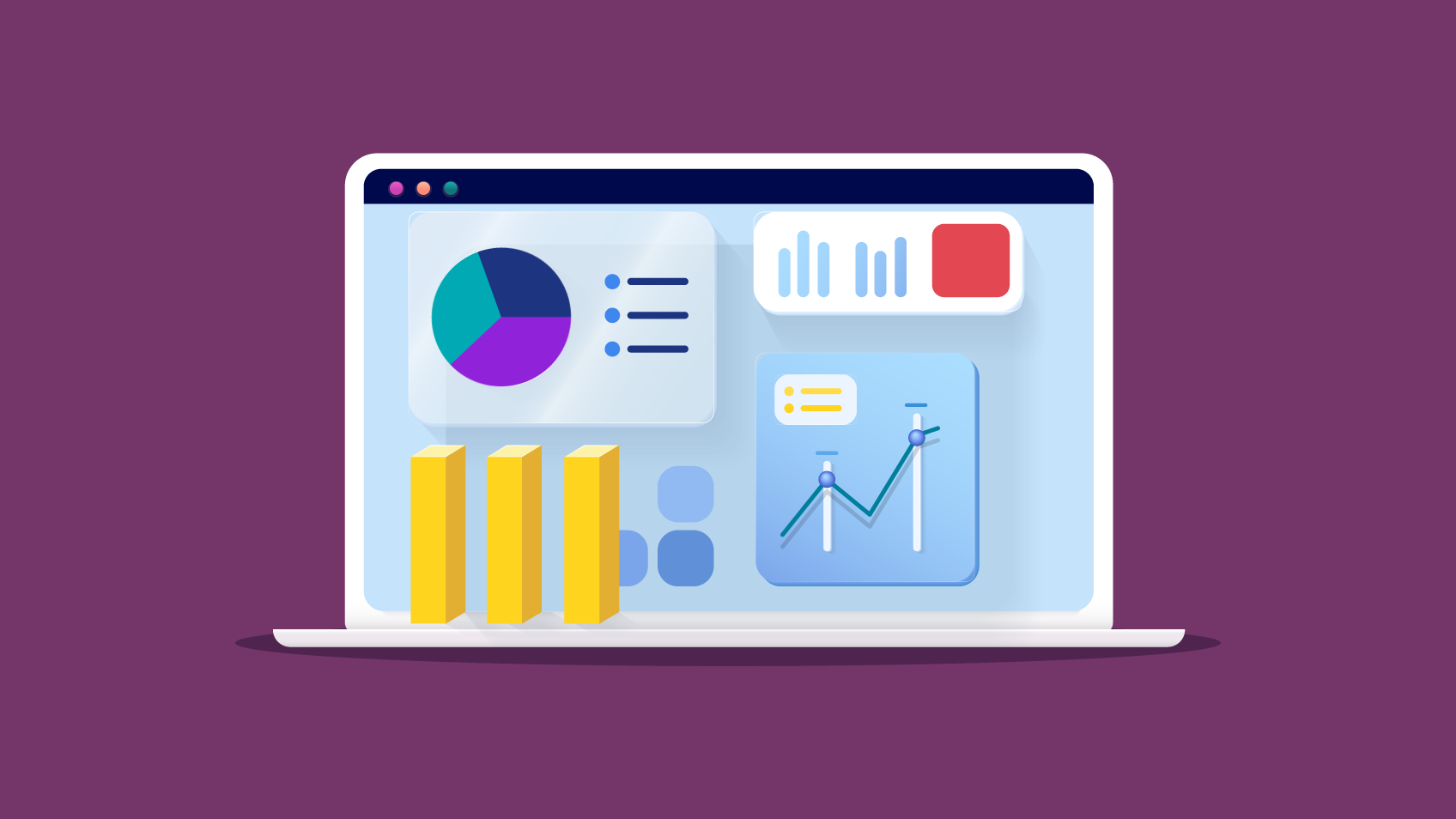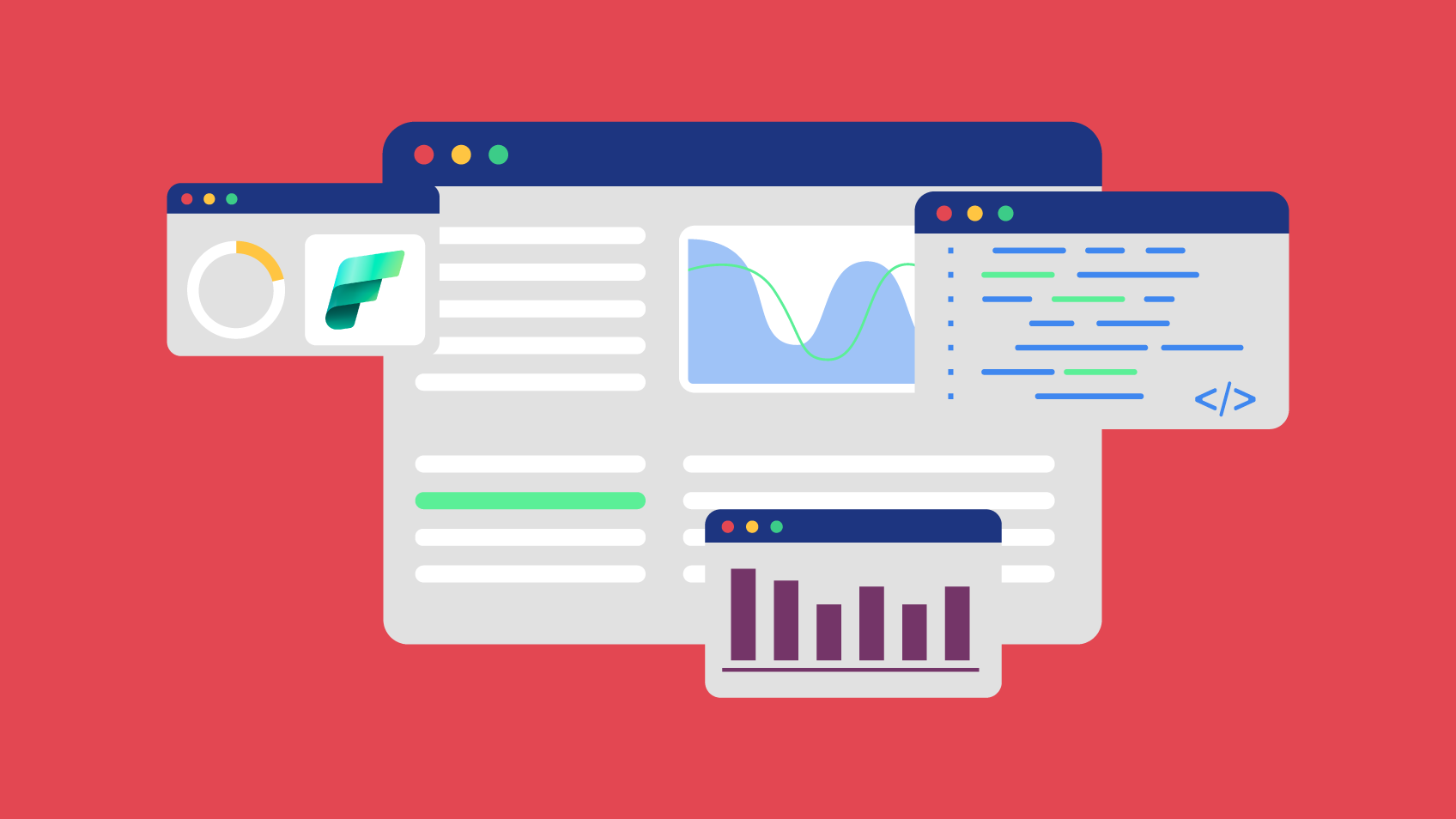5-SECOND SUMMARY:
- Discover the importance of carrying out an Assessment before implementing an analytics solution in your business;
- An Assessment has several benefits, such as saving time and money and discovering challenges and answers for your analytics project.
Why should you do an Analytics Assessment?
Making the best of an analytics initiative can sometimes be a big challenge. Much is said about the action, but it’s the ‘discovery’ phase that will potentiate the success. Laying down a strategy isn’t that simple but comes with a lot of benefits that many cannot initially see. Discovery is the first stage of the process, where we define our data strategy and good practices and procedures to diminish the risks, time and costs associated with any transformational initiative such as a data project. To achieve this, an assessment should be performed to understand what we will need, what we can define and what must be done. But what are the main benefits of this?
Benefits of an Analytics Assessment
1. A personalised solution
The assessment is where the technologies and architecture for the project will be defined. This is true whether you’re starting from scratch or evolving from an already existing analytics solution. Analytics solutions can be created in many ways, depending on their specific goals. For example, is the system for internal use, or does it also need to communicate information to external stakeholders? Do you have near real-time use cases, or are they batched, etc.? Decisions are taken from a high-level perspective at this phase. Instead of settling for a general solution, decision-makers can personalise how they want things done, using the right tools for individual needs and problems. During this process, you will also define the necessary frameworks, used to accelerate the implementation and deployment of the project, granting quality standards.
2. Save money and time
The truth is, you end up having to make these decisions anyway, and the problem is that if you don’t make them in good time, you won’t make good decisions, and later on, making them out of necessity, the effort will have become much greater. This is because when you start a project without the right guidelines, once you define them, you find yourself having to revise everything that has already been implemented. Working like this, the chance of failure or forgetting something vital is enormous. Your teams will be held back fixing daily problems and become overworked and less focused on establishing best practices. In the end, you’ll feel that you can’t see the wood for the trees!
So, basically, when you embark on a project without proper planning in place, you do run the risk of finding that the process becomes far less efficient, even jeopardising the success of your analytics solution. You’ll have to spend unnecessary time and money re-engineering processes and due to not initially establishing a strategy, you will potentially come up with a solution that won’t even effectively address your requirements. Making a thorough assessment is done exactly to prevent such situations.
3. Know each other
An analytics solution always involves different stakeholders, most likely including multiple business departments such as IT, the management team and analytics specialists. Assessment opens the possibility of connecting all the intervenient parts. In the process, you’ll get to know what the perspective of every one of them is and define the best strategy and milestones so that, in the end you get an analytics solution that meets all expectations. The idea is to build a trust relationship where people work together towards a common goal from the ‘get-go’.
Final thoughts
An analytics assessment isn’t just a questionnaire; it’s a dialogue that will guide you towards the best approach for your goals. The benefits of this stage will prevent you from taking bad decisions and losing time defining strategies or processes during implementation or deployment. Besides this, by delaying implementation just a little bit longer, you will be able to start your project smoothly and effortlessly, with processes defined, risks highlighted, and solutions already prepared to mitigate likely problems to emerge from those risks. In the end, everything will be much more effective, and most importantly, you will build a robust analytics solution to enable you to get more value from your data.

Data Engineer – Xpand IT














